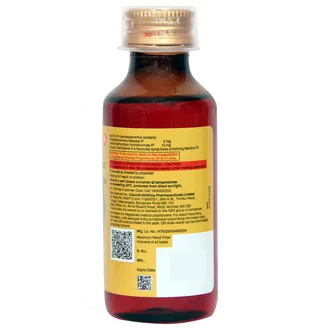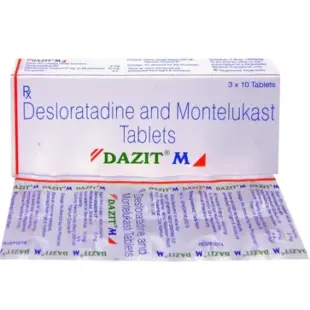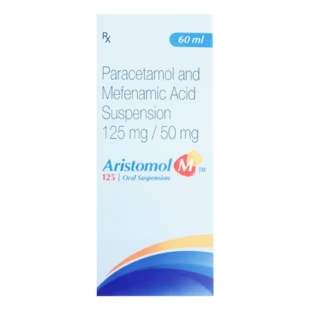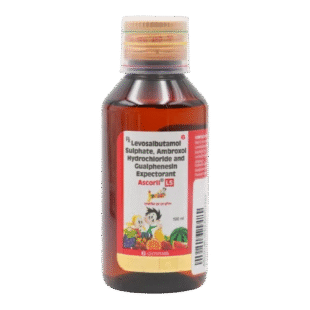- Your cart is empty
- Continue Shopping
Piriton CS Syrup is a combination medicine used to treat dry cough. It provides temporary relief from cough caused by throat irritation, sneezing, and runny nose. The syrup works by reducing activity in the brain’s cough center and by blocking the effects of histamine, which contributes to allergic symptoms. Piriton CS Syrup should be taken as prescribed by a doctor, either with or without food. Continuous use is important, and stopping treatment early may cause symptoms to return. Inform your doctor about all other medications you are taking as some may interact with this medicine.
Uses of Piriton CS Syrup
Treatment of dry cough
Relief from cough due to cold, flu, allergies, or throat irritants
Reduction of allergy symptoms including watery eyes, sneezing, and runny nose
Helps improve daily comfort and activities by controlling coughing
Benefits of Piriton CS Syrup
Suppresses dry, hacking cough
Relieves allergy-related coughs and associated symptoms
Works within a few minutes and provides relief for several hours
Supports better sleep by reducing nighttime cough
Safe and effective when used as prescribed
Side Effects of Piriton CS Syrup
Most side effects are mild and temporary. Consult your doctor if they persist or worsen:
Sleepiness
Sedation
Dizziness
How to Use Piriton CS Syrup
Take the syrup exactly as prescribed by your doctor
Shake the bottle well before each use
Measure the dose using the provided measuring cup
Take by mouth, with or without food, preferably at a fixed time
Do not stop the medication unless advised by your doctor
How Piriton CS Syrup Works
Piriton CS Syrup contains two active ingredients:
Chlorpheniramine Maleate: An antiallergic that blocks histamine to reduce allergy-associated cough
Dextromethorphan Hydrobromide: A cough suppressant that reduces activity in the brain’s cough center
These ingredients work together to relieve dry cough and associated allergy symptoms.
Safety Advice and Precautions
Alcohol: Consult your doctor before consumption, as alcohol may worsen drowsiness
Pregnancy: Consult your doctor; may be unsafe
Breastfeeding: Probably unsafe; limited data suggests it may harm the baby
Driving: May affect alertness; do not drive if drowsy or dizzy
Kidney: Probably safe if prescribed; dose adjustment may not be needed
Liver: Probably unsafe in liver disease; avoid use and consult your doctor
What to Do If You Miss a Dose
Take the missed dose as soon as possible
If it is almost time for the next dose, skip the missed dose
Do not double the dose to make up for a missed one
Resume your regular dosing schedule
Precautions
Inform your doctor about any liver disease before starting
Drink plenty of fluids while taking this medication
Pregnant or breastfeeding women should consult a doctor before use
Avoid activities requiring mental focus if drowsy or dizzy














Reviews
There are no reviews yet.